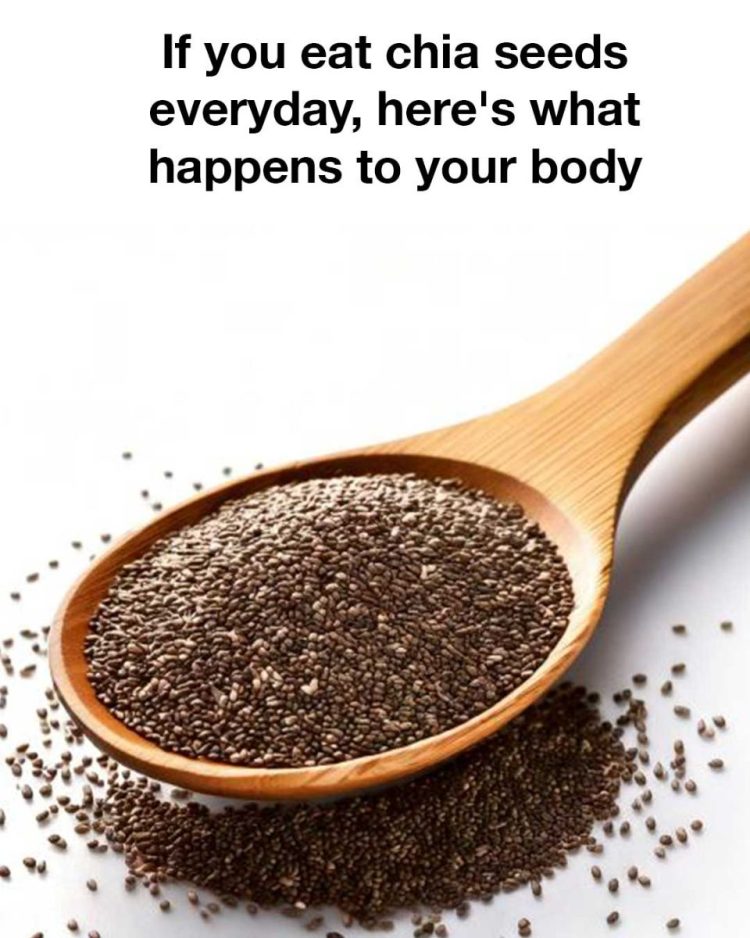Chia seeds, derived from the Salvia hispanica plant, are tiny black seeds that pack a powerful nutritional punch. They are rich in omega-3 fatty acids, fiber, protein, and essential minerals such as calcium, magnesium, and phosphorus.
A single ounce (about 28 grams) of chia seeds contains approximately 137 calories, 11 grams of fiber, 4 grams of protein, and 9 grams of fat, with a significant portion being omega-3 fatty acids. This impressive nutritional profile makes chia seeds a popular choice for those seeking to enhance their diet with nutrient-dense foods.
Understanding the Popularity of Chia Seeds in Modern Diets
Chia seeds have gained popularity in modern diets due to their versatility and health benefits. They can be easily incorporated into a variety of dishes, from smoothies and yogurt to baked goods and salads. Their ability to absorb liquid and form a gel-like consistency makes them an excellent thickening agent for puddings and jams. Additionally, the rise of plant-based and gluten-free diets has contributed to their popularity, as chia seeds are naturally gluten-free and provide a plant-based source of protein and omega-3 fatty acids.
The Role of Chia Seeds in Digestive Health
Chia seeds are an excellent source of dietary fiber, with about 11 grams per ounce. This high fiber content aids in promoting healthy digestion by adding bulk to stool and facilitating regular bowel movements. The soluble fiber in chia seeds can also help prevent constipation and promote a healthy gut microbiome by acting as a prebiotic, feeding beneficial gut bacteria. Regular consumption of chia seeds can contribute to improved digestive health and overall gut function.
How Chia Seeds Support Heart Health
Chia seeds are known for their heart-healthy benefits, largely due to their high content of omega-3 fatty acids, particularly alpha-linolenic acid (ALA). Omega-3s are essential for maintaining cardiovascular health, as they help reduce inflammation, lower blood pressure, and decrease the risk of heart disease. Additionally, the fiber content in chia seeds can help lower cholesterol levels, further supporting heart health. Incorporating chia seeds into your diet may contribute to a reduced risk of cardiovascular issues.
Chia Seeds and Their Impact on Blood Sugar Levels
The fiber and protein content in chia seeds can help stabilize blood sugar levels by slowing the absorption of sugar into the bloodstream. This can be particularly beneficial for individuals with type 2 diabetes or those at risk of developing the condition. Studies have shown that consuming chia seeds can lead to improved insulin sensitivity and better blood sugar control. Including chia seeds in meals can help prevent blood sugar spikes and crashes, promoting more stable energy levels throughout the day.
The Benefits of Chia Seeds for Weight Management
Chia seeds can be a valuable addition to a weight management plan due to their high fiber and protein content. The fiber in chia seeds can help increase feelings of fullness and satiety, reducing overall calorie intake. Protein also plays a role in promoting satiety and preserving lean muscle mass during weight loss. Additionally, the gel-like consistency that chia seeds form when mixed with liquid can help create a sense of fullness, making them an effective tool for appetite control.
Chia Seeds as a Source of Essential Nutrients
In addition to fiber and omega-3 fatty acids, chia seeds are a rich source of essential nutrients such as calcium, magnesium, and phosphorus. These minerals are crucial for maintaining healthy bones, teeth, and overall bodily functions. Chia seeds also contain antioxidants, which help protect cells from damage caused by free radicals. Including chia seeds in your diet can help ensure you receive a broad spectrum of nutrients necessary for optimal health.
The Anti-Inflammatory Properties of Chia Seeds
Chia seeds possess anti-inflammatory properties, primarily due to their high omega-3 fatty acid content. Omega-3s are known to reduce inflammation in the body, which can help alleviate symptoms of chronic inflammatory conditions such as arthritis. Additionally, the antioxidants in chia seeds can further combat inflammation by neutralizing free radicals and reducing oxidative stress. Regular consumption of chia seeds may contribute to a reduction in inflammation and an improvement in overall health.

This is news to me!
ADVERTISEMENT
For Complete Cooking STEPS Please Head On Over To Next Page Or Open button (>) and don’t forget to SHARE with your Facebook friends
ADVERTISEMENT